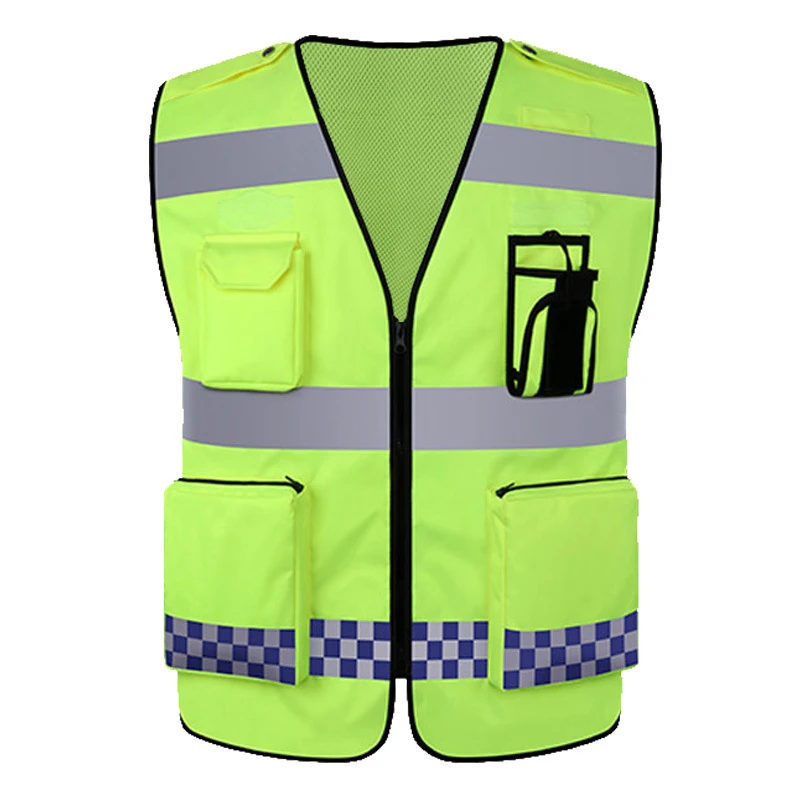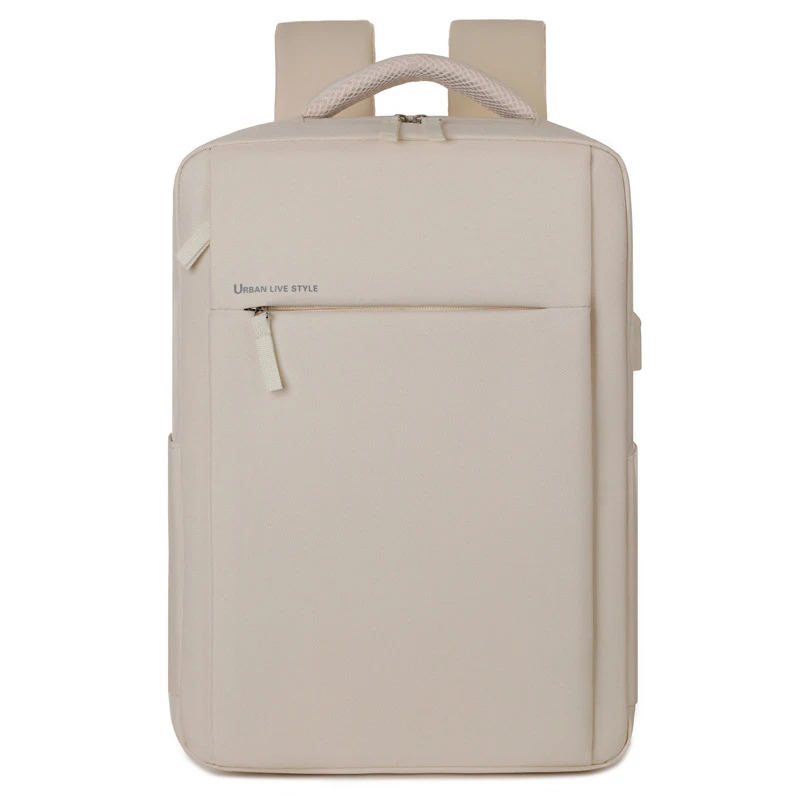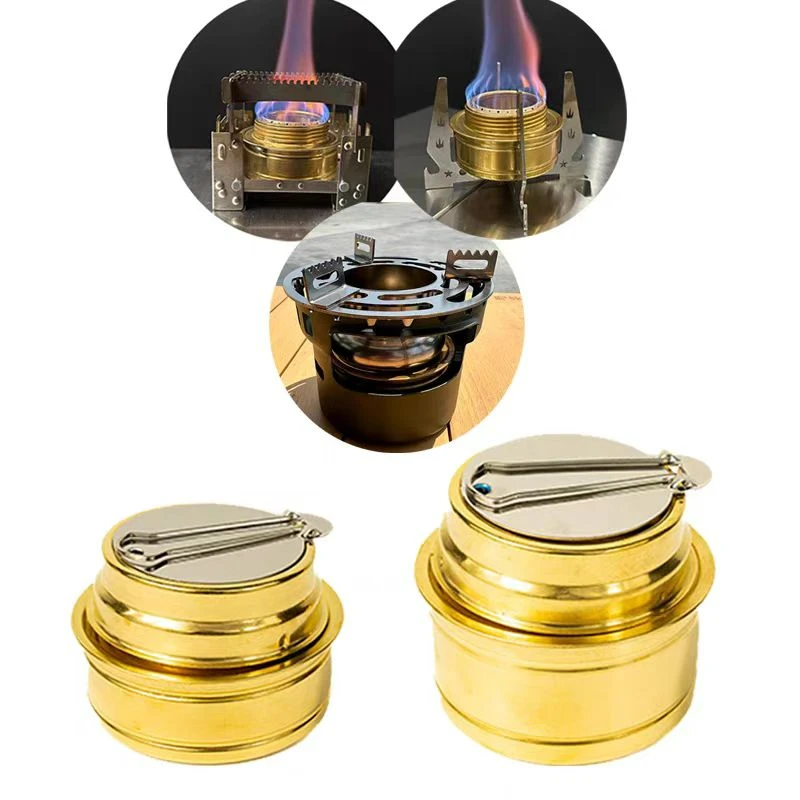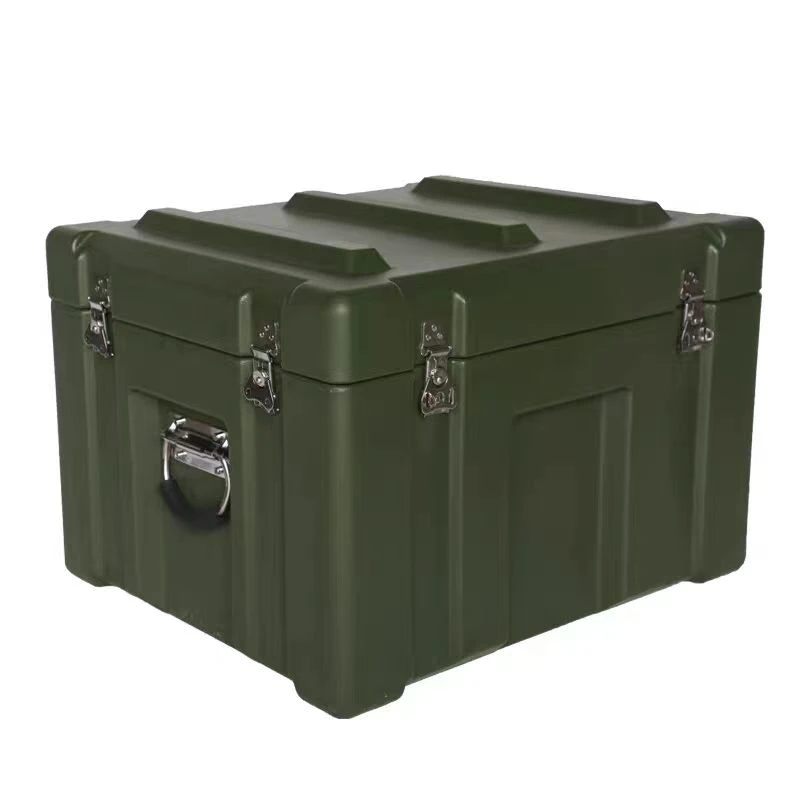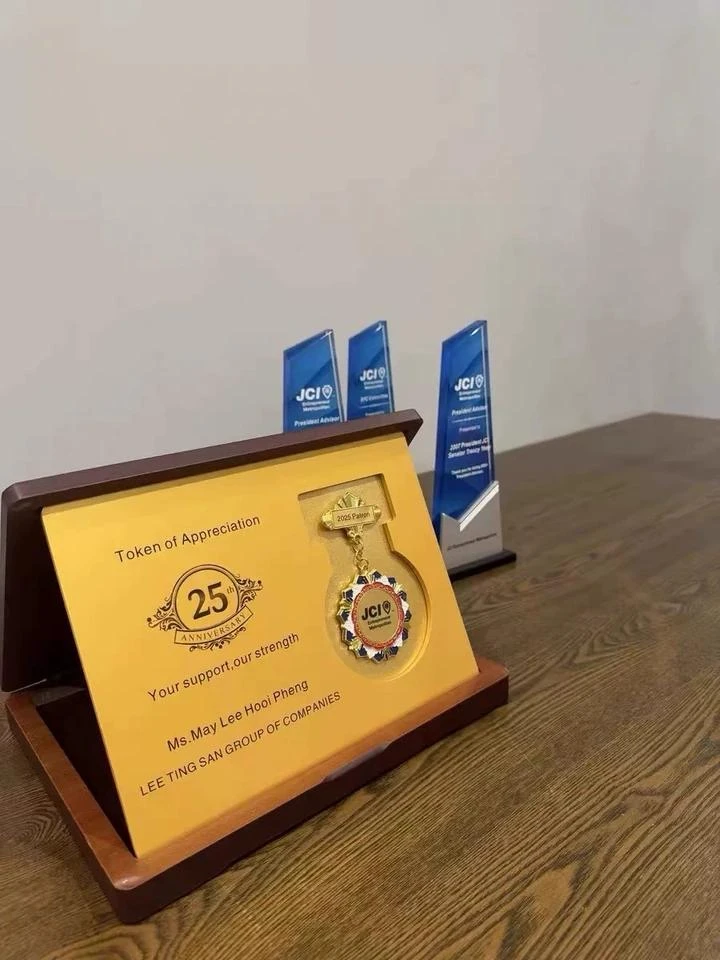Feb 17,2025
customs singapore
Navigating the customs regulations of Singapore can be a daunting task, especially for businesses involved in the import and export of goods. As one of the busiest ports in the world, Singapore has established a robust customs system that ensures the smooth movement of products while upholding security and compliance. Drawing from extensive experience and expertise in international trade, this guide aims to provide a comprehensive understanding of Singapore's customs landscape and how businesses can optimize their operations within it.
Authoritativeness in dealing with customs also involves understanding the penalties associated with non-compliance. Singapore Customs practices strict enforcement measures, and any discrepancies can lead to severe penalties, including fines and shipment seizures. Therefore, maintaining accurate records and timely submissions is paramount for businesses seeking to establish a reputable trade presence. To further establish trustworthiness, businesses can engage in Singapore's Authorized Economic Operator (AEO) program. This initiative recognizes businesses with strong security practices and compliance records, offering them faster clearance and reduced customs inspections. Obtaining AEO status not only enhances a company's reputation but also fosters trust with trade partners. Partnership and communication with logistics partners and customs brokers play a critical role in navigating Singapore's customs landscape. These experts provide invaluable insights into the ever-changing regulatory environment, ensuring that businesses remain compliant and efficient in their operations. Choosing reputable partners with a proven track record in customs brokerage can alleviate the burden of compliance and optimization. In conclusion, the customs regulations in Singapore present both a challenge and an opportunity for businesses involved in international trade. By leveraging expertise in the regulatory framework, maintaining stringent compliance, utilizing technological tools like TradeNet, and fostering trustworthy relationships with partners, businesses can effectively navigate the complexities of Singapore's customs system. This approach not only enhances operational efficiency but also positions businesses to capitalize on Singapore's status as a global trade nexus.


Authoritativeness in dealing with customs also involves understanding the penalties associated with non-compliance. Singapore Customs practices strict enforcement measures, and any discrepancies can lead to severe penalties, including fines and shipment seizures. Therefore, maintaining accurate records and timely submissions is paramount for businesses seeking to establish a reputable trade presence. To further establish trustworthiness, businesses can engage in Singapore's Authorized Economic Operator (AEO) program. This initiative recognizes businesses with strong security practices and compliance records, offering them faster clearance and reduced customs inspections. Obtaining AEO status not only enhances a company's reputation but also fosters trust with trade partners. Partnership and communication with logistics partners and customs brokers play a critical role in navigating Singapore's customs landscape. These experts provide invaluable insights into the ever-changing regulatory environment, ensuring that businesses remain compliant and efficient in their operations. Choosing reputable partners with a proven track record in customs brokerage can alleviate the burden of compliance and optimization. In conclusion, the customs regulations in Singapore present both a challenge and an opportunity for businesses involved in international trade. By leveraging expertise in the regulatory framework, maintaining stringent compliance, utilizing technological tools like TradeNet, and fostering trustworthy relationships with partners, businesses can effectively navigate the complexities of Singapore's customs system. This approach not only enhances operational efficiency but also positions businesses to capitalize on Singapore's status as a global trade nexus.
LAST:
NEXT:








